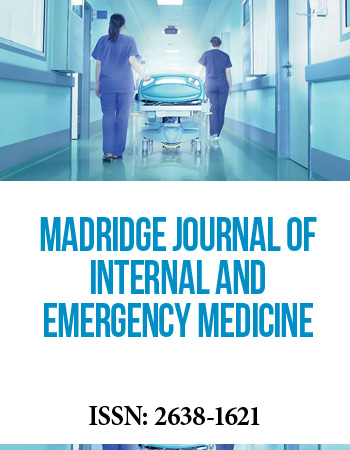International Translational and Regenerative Medicine Conference
April 25-27, 2018 | Rome, Italy
Microphysiological Systems: Organs on Chips for Drug Efficacy and Toxicity Studies
National Center for Advancing Translational Sciences, National Institutes of Health, USA
The current drug development process is vulnerable to poor prediction of human physiological responses and failure to predict safety and efficacy of candidate drugs using current methods accounts for a much as 90% of the attrition rate. To address this challenge in drug development, the NCATS Tissue Chip for Drug Screening program https://ncats.nih.gov/tissuechip is developing alternative approaches for more reliable readouts of toxicity and efficacy. Tissue chips are bioengineered microphysiological systems utilizing chip technology and microfluidics that mimic tissue cytoarchitecture and functional units of human organs. These microfabricated devices are useful for modeling human diseases, and for studies in precision medicine and environment exposures. Tissue chips are poised to deliver a paradigm shift in drug discovery. By emulating human physiology, these chips have the potential to increase the predictive power of preclinical modeling, which in turn will move the pharmaceutical industry closer to its aspiration of clinically relevant and ultimately animal-free drug discovery.Near term uptake of these human-relevant platforms will fill gaps in current capabilities for assessing important properties of disposition, efficacy and safety liabilities. Tissue chips as novel preclinical modeling platforms offer a number of unique opportunities, with improved clinical predictions of human response being the most apparent and the greatest contribution. They may also provide a more efficient approach to mechanistic investigation, early safety liability screening and even more translationally relevant modeling of drug distribution and metabolism.
Biography:
Dr. Dan Tagle is associate director for special initiatives at NCATS. He also recently served as acting director of the NCATS Office of Grants Management and Scientific Review and currently serves as executive secretary to the NCATS Advisory Council and Cures Acceleration Network Review Board. Prior to joining NCATS, Tagle was a program director for neurogenetics at the National Institute of Neurological Disorders and Stroke (NINDS), where he was involved in developing programs concerning genomics-based approaches for basic and translational research in inherited brain disorders.
Prior to joining NINDS in 2001, Tagle was an investigator and section head of molecular neurogenetics at the National Human Genome Research Institute and has been involved in the highly collaborative effort toward the positional cloning of genes for Huntingtonʼs disease, ataxia-telangiectasia and Niemann Pick disease type C. He has served on numerous committees and advisory boards, including the editorial boards of the journals Gene and the International Journal of Biotechnology.
Tagle obtained his Ph.D. in molecular biology and genetics from Wayne State University School of Medicine in 1990. He was an NIH National Research Service Award postdoctoral fellow in human genetics in the laboratory of Francis S. Collins, M.D., Ph.D., at the University of Michigan. Tagle has authored more than 150 scientific publications and has garnered numerous awards and patents.


